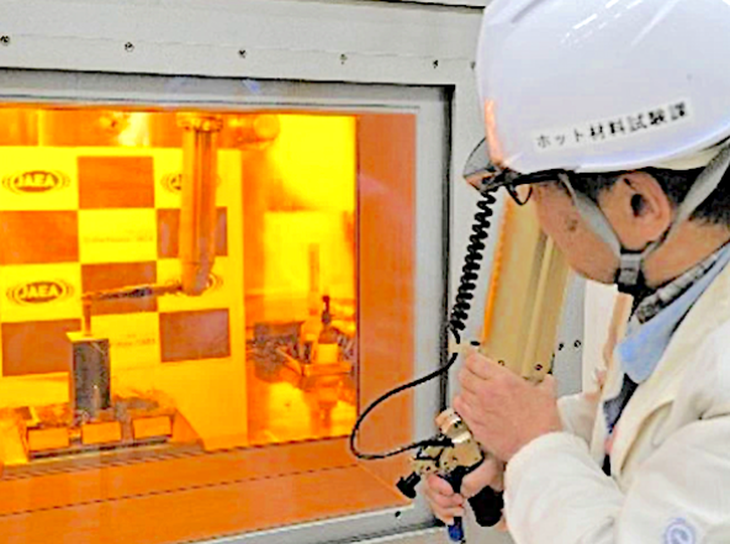
A technician checks a battery system using americium - Photo: Provided by the Japan Atomic Energy Agency
Long-lasting, maintenance-free batteries are expected to play an important role not only in lunar projects but also in deep space exploration beyond Jupiter, where sunlight is weaker.
The Japan Atomic Energy Agency (JAEA) signed an agreement with the Japan Aerospace Exploration Agency (JAXA) last March to produce such a specialized battery system using a radioactive substance called americium.
Masahide Takano, a senior researcher at JAEA, expressed confidence that the project will be feasible despite the challenges it faces. "We will deliver a practical compact power source that will not require maintenance for more than 100 years," he said.
The power source would rely on mechanisms different from those of solar cells or other batteries used under normal conditions on Earth.
For use on the Moon, the envisioned battery would need to be able to withstand temperature swings from 110 degrees Celsius during the day to minus 170 degrees Celsius at night. Both the day and night on the Moon would last for two weeks.
Americium is an element created when plutonium in spent nuclear fuel naturally decays. It is not typically fissile, meaning it does not require as much control as plutonium.
Americium can be found in plutonium stored by the JAEA in Japan for research purposes. With a half-life of 432 years, americium has long been considered useless for power generation.
However, JAEA has recently found a use for americium's ability to continuously generate heat through the element's nuclear fission. JAEA is now moving to combine americium with temperature-based power generation technology to produce a new type of battery.
One challenge is making the battery system compact and lightweight enough to fit on a space probe, as well as durable enough to withstand the shock and heat of a potential rocket explosion.
A thorough examination of remote techniques for handling radioactive material as well as the relevant legal factors will also be necessary.
JAEA has applied americium to power LEDs in an experiment.
Source: https://tuoitre.vn/nhat-ban-tao-ra-pin-co-the-hoat-dong-100-nam-ngoai-khong-gian-20250507121617375.htm





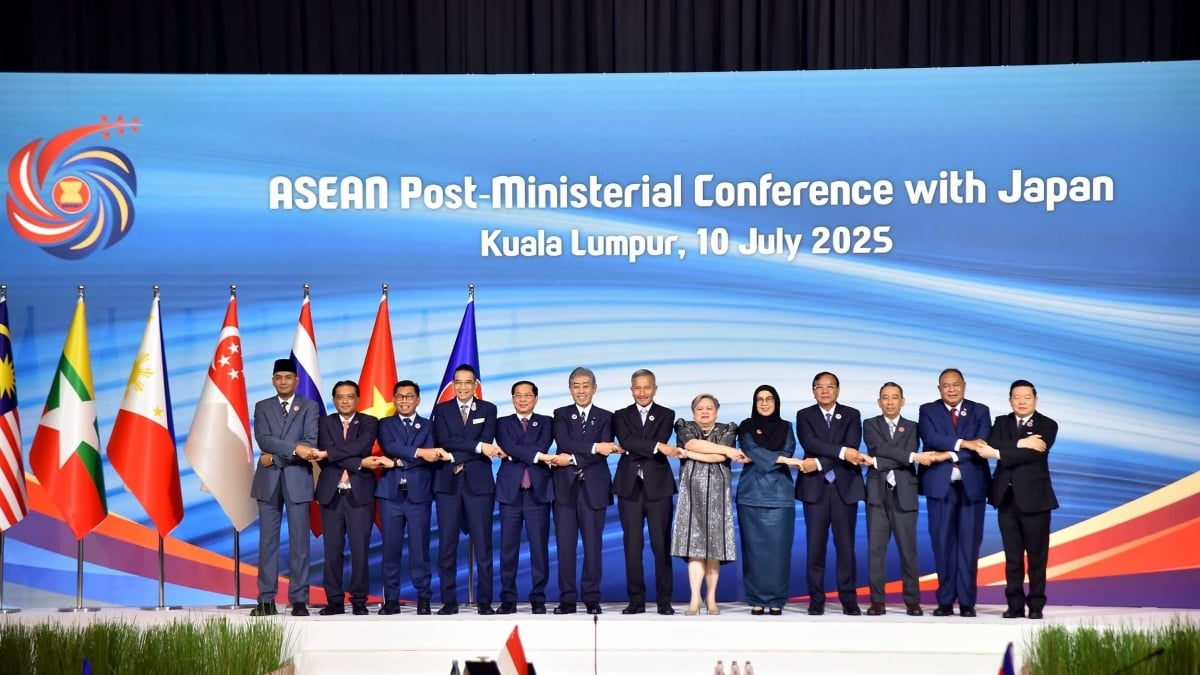

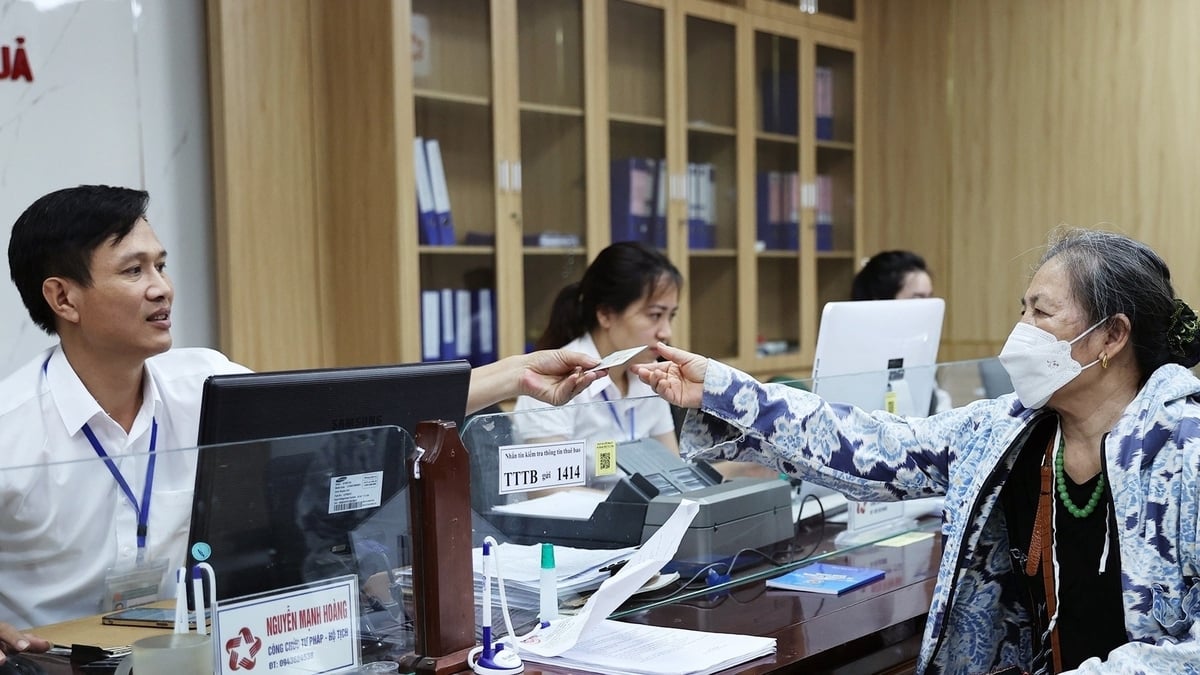
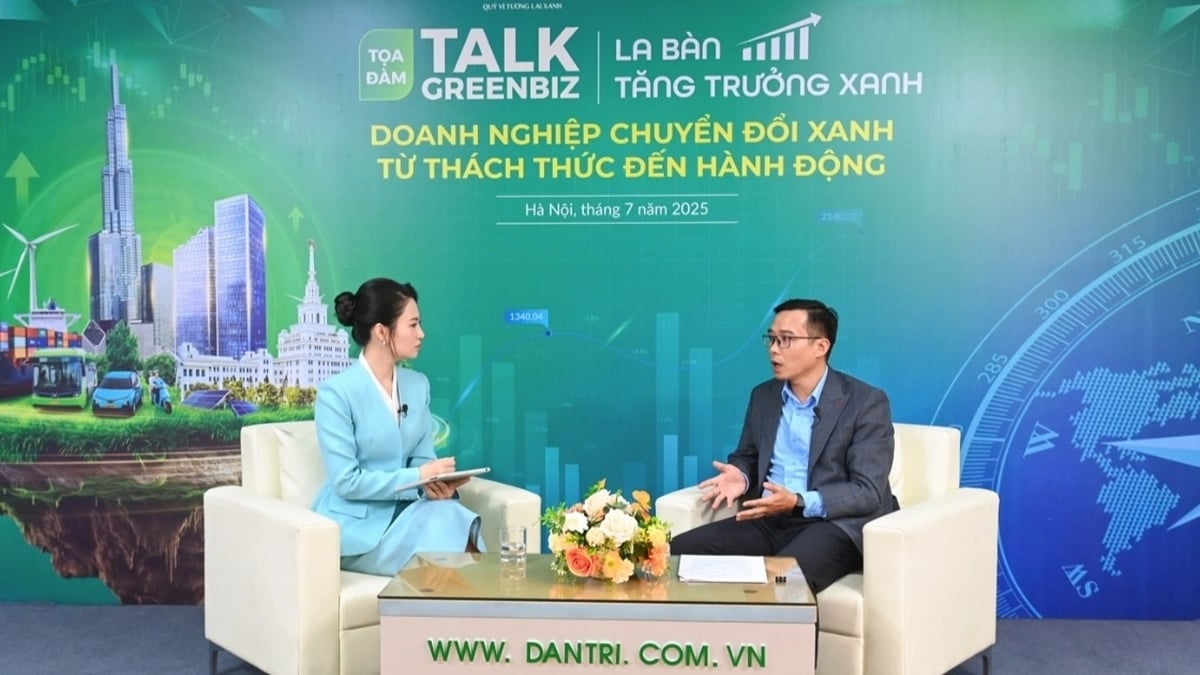






















![[Photo] National Assembly Chairman attends the seminar "Building and operating an international financial center and recommendations for Vietnam"](https://vphoto.vietnam.vn/thumb/1200x675/vietnam/resource/IMAGE/2025/7/28/76393436936e457db31ec84433289f72)







































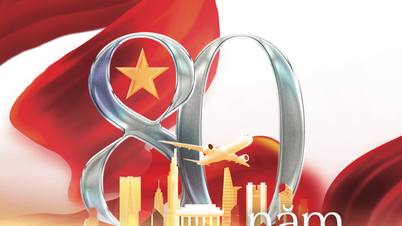





























Comment (0)